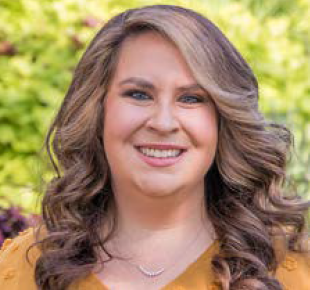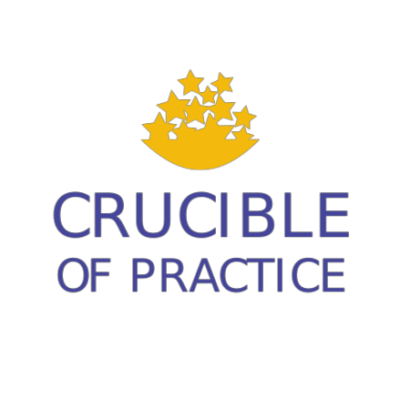
- This event has passed.
Every Child Thrives: A Journey in Early Childhood Equity Strategies

This session featured members of the “Every Child Thrives” collaborative in Dodge and Jefferson Counties, Wisconsin. The panelists in the session formed the Early Childhood Equity Strategies Learning Collaborative in August 2023 and shared their progress and lessons learned in this work.
The webinar began with Susan Olson and Kim Melcher from Greater Watertown Community Health Foundation (GWCHF), the backbone organization for “Every Child Thrives.” Olson and Melcher provided an overview of the structure of the collaborative and what led the team to invest in embedding equity strategies across specific early childhood programs.
“We believe that transforming community health requires more than check writing. It’s our role to serve as a catalyst — to inspire collaboration, mobilize resources and encourage innovation that measurably contribute to the well-being of our community.” – Kim Melcher. GWCHF
Carol Quest and Abbigail Kuehn with the Watertown Department of Public Health discussed how their work has been influenced by joining the Early Childhood Equity Strategies Learning Collaborative. A review of birth records and maternal child health data revealed disparities for families of color, particularly in the areas of prenatal health and supportive services after birth. This led the organization to change programs and approaches that directly address these factors.
“Our goals are to create a process for screening pregnant individuals for unmet social health needs, establishing a process for connecting them with community-based resources, and creating an agency process to close the loop when making referrals to ensure families are getting the resources they need. And if they aren’t, what are the barriers and how can we help reduce those barriers?” – Abbigail Kuehn, Watertown Department of Public Health
Following Quest and Kuehn, Jessica Johnson with the Dodgeland School District shared that their strategies have included providing specific professional development for teachers, having an emphasis on social-emotional based learning, and building in a tiered system of supports for students. Other strategies emphasize reviewing ASQ Developmental Screening data and cultivating trust and partnerships between teachers and families prior to kindergarten entry.
“We know that kids who attend good early childhood education programs are much more likely to succeed in kindergarten and beyond. We’ve invested in the pyramid model in our preschool programs. The primary focus of the pyramid model is to support the social, emotional and behavioral outcomes of young children aged birth to 5 by reducing the use of inappropriate discipline practices, promoting family engagement, using data for decision-making, integrating early childhood and infant mental health and fostering inclusion. – Jessica Johnson, Dodgeland School District
Jenny Borst from the Watertown Unified School District concluded the session by discussing the ways the district is using a social-emotional framework called the pyramid model in classrooms to promote student well-being and inclusion, and the data used to track correlations with reading outcomes.
“Taking a look at our equity strategy, we feel very strongly about not only the pyramid model, but specifically providing a coaching support for that classroom teacher.” – Jenny Borst, Watertown Unified School District
Panel








